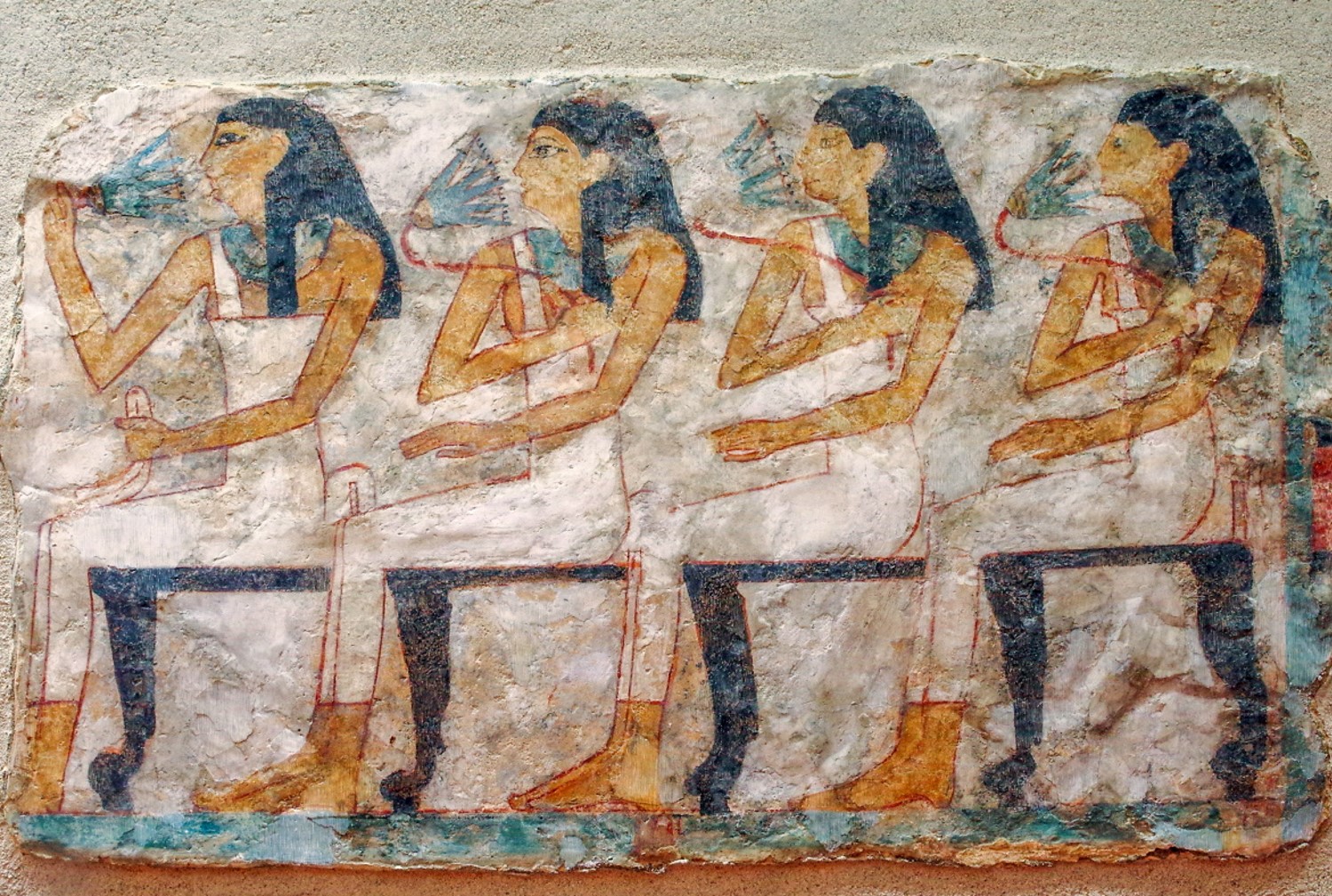Although wisdom is always upheld in the Bible as a desirable trait, it does not necessarily keep a person from evil. Consider Solomon. As a young king he was asked by God to name his request, with the implication that God would grant whatever he asked. His request was not for wealth or victory over his enemies, but for understanding and wisdom in judging between good and evil (1 Kings 3:9). God was pleased with this request, and said, “Because you have asked this thing and have not asked for yourself long life, nor have asked riches for yourself, nor have you asked for the life of your enemies, but have asked for yourself discernment to understand justice, behold, I have done according to your words. Behold, I have given you a wise and discerning heart, so that there has been no one like you before you, nor shall one like you arise after you. And I have also given you what you have not asked, both riches and honor, so that there will not be any among the kings like you all your days” (1 Kgs 3:11-13). One might think that, since God had given him such great wisdom, Solomon would not only discern between good and evil, but would also choose to do the good. However, God seems to have realized at the outset that this would not necessarily be the case. In the very next verse he states, “And if you walk in My ways, keeping My statutes and commandments, as your father David walked, then I will prolong your days” (1 Kgs 3:14).
The sad truth is that, wise as he was, Solomon still did not make very good choices. God had anticipated that a king would rule over Israel, even back in the days of Moses, and he laid out rules for the king. “Moreover, he shall not multiply horses for himself, nor shall he cause the people to return to Egypt to multiply horses, since the LORD has said to you, ‘You shall never again return that way.’ Neither shall he multiply wives for himself, lest his heart turn away; nor shall he greatly increase silver and gold for himself” (Deut 17:16-17). That includes three distinct commands: 1) don’t multiply horses; 2) don’t multiply wives; 3) don’t hoard silver and gold. Solomon could not have been ignorant of these commands, yet he chose to disobey all three.
Solomon had 1,400 chariots, along with 12,000 horsemen, all stationed in cities that were specifically set up to hold such large military forces (1 Kgs 10:26). In direct violation of God’s command, Solomon imported both horses and chariots from Egypt (1 Kgs 10:28-29).

Assyrian horse and chariot, from Nineveh, 7th century BC
Solomon married a bunch of women, including an Egyptian princess (1 Kgs 3:1). He loved many foreign women, and married women who were Moabite, Ammonite, Edomite, Sidonian, and Hittite (1 Kgs 11:1). His total is listed as 700 wives and 300 concubines (1 Kgs 11:3). And the narrator of the book of Kings specifically says that these women “turned his heart away,” just as God had warned.

Egyptian women at a banquet, circa 1500 BC
Solomon collected silver and gold like no one before or after him. In one of his personal palaces, the “House of the Forest of Lebanon,” he had hundreds of shields of beaten gold, an ivory throne overlaid with pure gold, and all of his drinking vessels and other vessels were of pure gold (2 Chr 9:16-20). In fact, there was so much precious metal floating around Jerusalem that “silver was not considered valuable in the days of Solomon” (2 Chr 9:20).

Golden chariot and horses from the Oxus Treasure, circa 400 BC
How can the wisest man in the world violate God’s commands so flagrantly? Clearly even great amounts of wisdom do not counterbalance our sinfulness. Wisdom points in the right way to go, but it does not whip us into obedience. Having wisdom does not lessen the requirement that we exercise our will and obey God. Wisdom opens our eyes to the truth, shedding light on the path, making clear the difference between good and evil. Wisdom does not, however, commandeer our will. It does not guarantee righteous behavior. We can know the right thing and still choose to sin, like Solomon did.
“The conclusion, when all has been heard, is: fear God and keep His commandments, because this applies to every person. For God will bring every act to judgment, everything which is hidden, whether it is good or evil” (Ecclesiastes 12:13-14).


